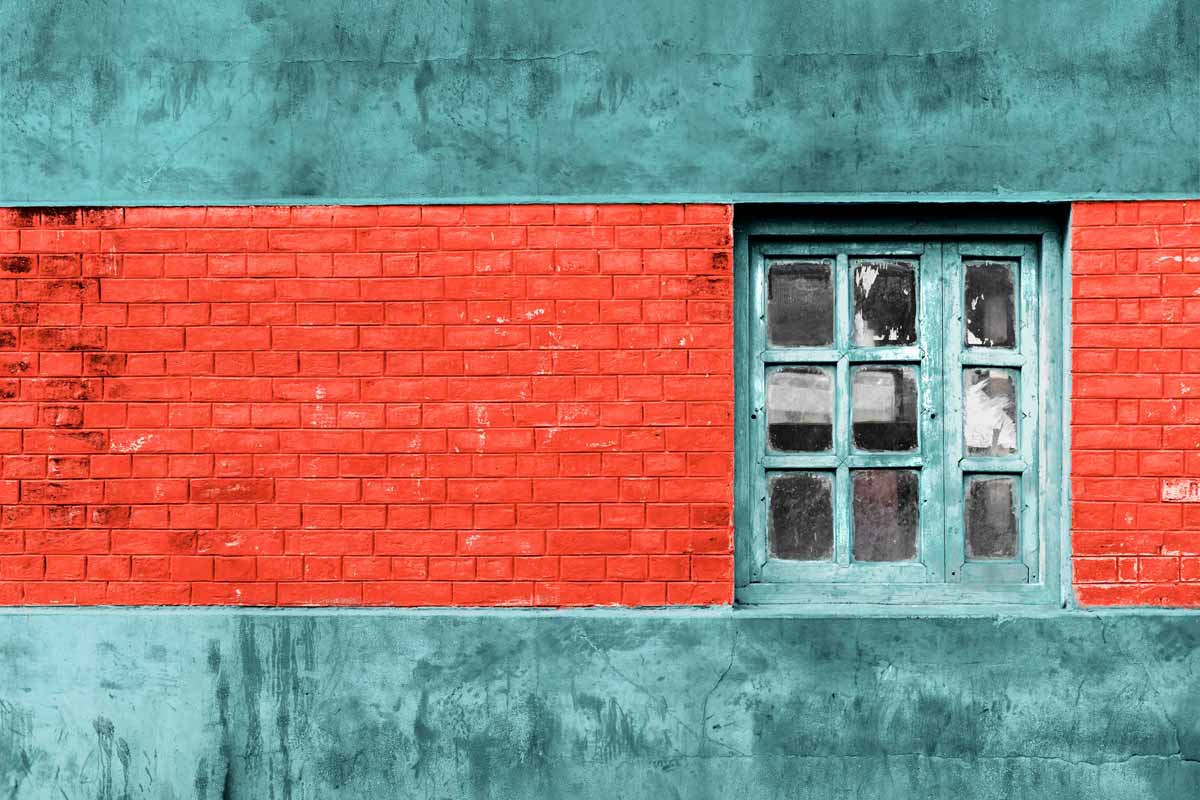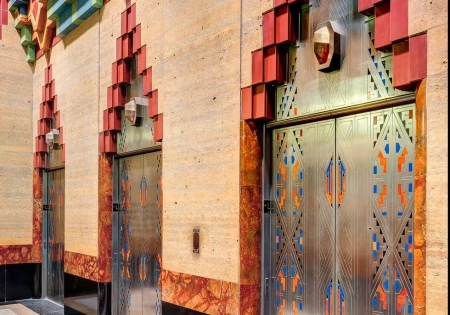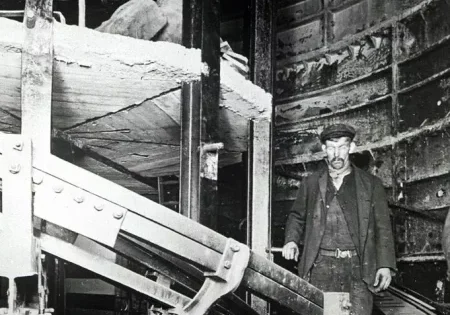Third consecutive repo rate rise by RBI could impact real estate market sentiments, while elevating home financing costs.
When the Reserve Bank of India Monetary Policy Committee (MPC) announced the first repo rate hike of 40 basis points (bps) in May, it was shrugged off by the real estate sector and declared inevitable. The second hike announcement of 50 bps in June witnessed a few raised eyebrows, but the concerns were filtered through the lens of optimism and remained unsaid.
The third consecutive repo rate hike announcement August 5 was akin to the proverbial last straw that broke the camel’s back. Lending rates were increased by 50 bps and now stood at 5.40%, much higher than the pre-pandemic level of 5.15%. It became quite evident that the gloves were off and tackling inflation was being given full priority.
Dr. Nitesh Kumar, manager director (MD) and CEO, Emami Realty, voiced a view that many real estate stakeholders concurred with when he described the rate hike as “expected but steeper than market expectations.”
Anurag Mathur, CEO, Savills India, pointed out that viewed in a larger context, the increase is in sync with similar and even more severe rate actions across major economies, such as the U.S. and the U.K. Financial institutions are expected to react in tandem with the RBI announcement, which in turn means a further hike in the interest component of home loans for end-users. He added:
“Given that the stamp duty and registration charge relaxations have expired in most states, the overall impact of the RBI decision on housing sales in the country needs to be closely monitored. Residential developers with debt on their balance sheets are also likely to be equally affected and must pay significant attention to working capital management.”
Prashant Utreja, CEO, Reliance Home Finance, explained:
“In the real estate sector, the interest rate hike will further harden interest rates for home loan borrowers. Lenders have passed on the past two hikes of a cumulative 90 bps to consumers. Hence, the current 50 bps hike will also be passed on to the borrowers. The three subsequent interest rate hikes of 140 bps are expected to deteriorate affordability and, hence, may impact sentiment among home buyers. Hence, overall demand in the real estate sector is likely to remain lower in the near future.”
Surendra Hiranandani, chairman and managing director, House of Hiranandani, opined:
“The increase in repo rates will have an effect on interest rates, as well as homebuyer attitude. This year has seen a steady increase in home sales, but the ongoing climb in mortgage rates may overwhelm a buyer. Consumers, in my opinion, must be patient and have faith in the RBI to combat inflation and revitalize the economy.”
Jitendra Mehta, president, CREDAI-MCHI Thane, emphasized that the timing couldn’t have been worse. The festive season is traditionally when fence sitters turn actual buyers. As we approach this year’s festive season, there are challenges. For home buyers, this hike signals the end of what was an all-time best low-interest rate scenario. For real estate as an industry, the low-interest rates regime was among the major factors driving housing sales post pandemic. The CREDAI-MCHI Thane official said further:
“As the regulator, RBI needs to rein in inflation; and that translates into higher interest rates — but there are some aspects of the economy where exceptions may be possible; housing being a basic need could be one such segment. Can we see housing loans being kept out of the purview of the repo rate rise? Authorities and regulators need to give this a serious thought.”
The ground reality, as real estate stakeholders would term it, is that the post-pandemic “honeymoon period” of financially supportive policies seems to be over. It is time for every related sector, including vertical transportation, to prepare for more challenging times going forward.
Get more of Elevator World. Sign up for our free e-newsletter.










